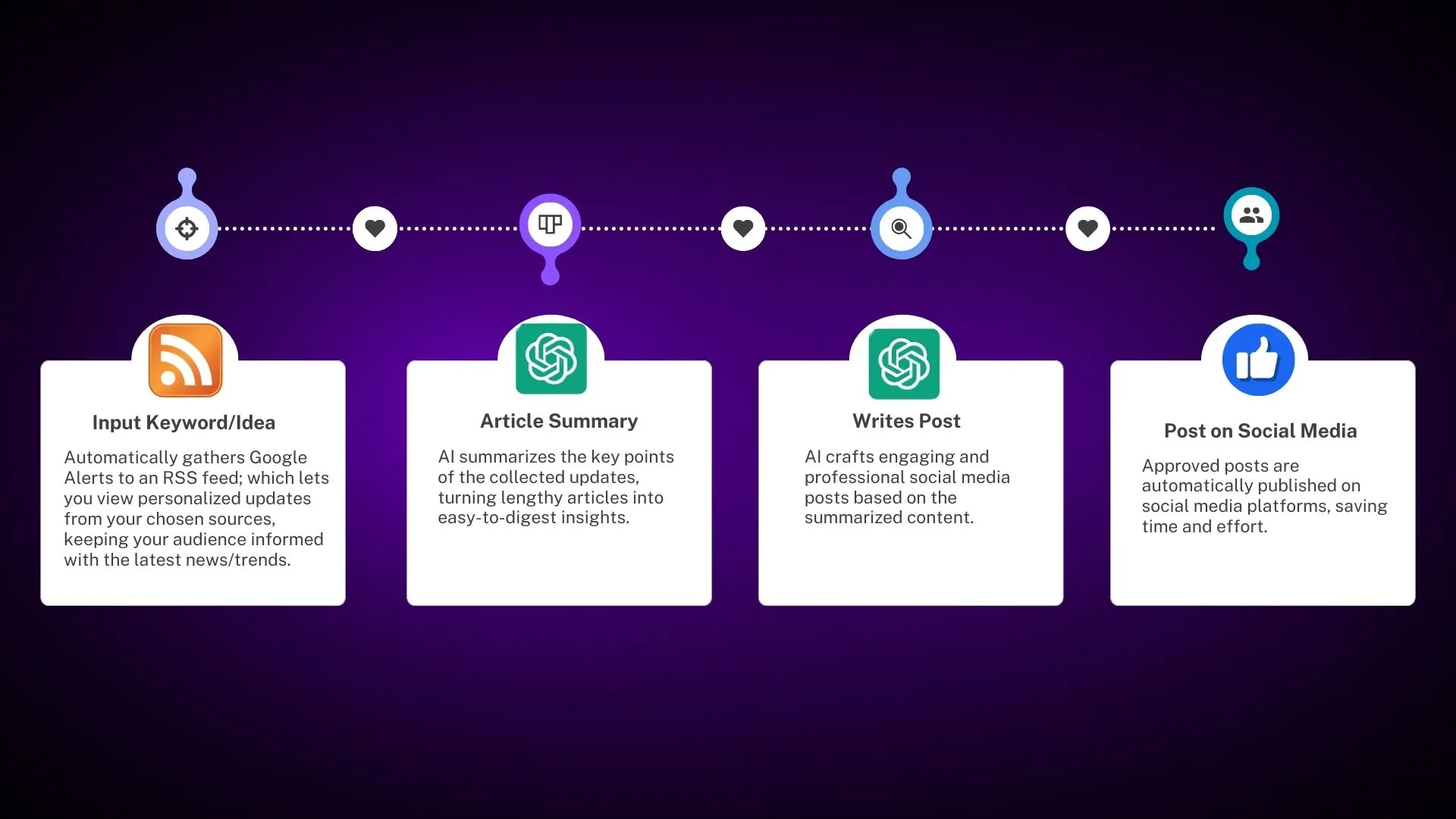In the modern era, small business owners often find themselves grappling with the challenge of scaling their operations while maintaining efficiency. Whether it’s managing customer relationships, handling repetitive tasks, or refining marketing strategies, entrepreneurs are continually seeking more practical and cost-effective solutions to these all-too-familiar issues. One increasingly popular response to this universal conundrum is business automation, made possible through advanced artificial intelligence (AI) technologies.
Popular “Jeopardy!” champion Ken Jennings recently shared his insights into this ever-evolving field. Despite falling victim to the superior predictive algorithms and encyclopedic recall of IBM’s Watson during a high-stakes match, Jennings remains “deeply skeptical” about the capabilities of AI. He highlighted Watson’s peculiar mistakes during the game, pointing out that while AI can perform some tasks better than humans, it lacks the depth of understanding inherent in a human mind.
However, it’s important to consider the details of Jennings’ cautionary tale in context. When applying AI to scale the operations of small businesses, the depth of understanding required differs from the breadth of knowledge required to oust a “Jeopardy!” champion. The distinct human advantage pointed out by Jennings might not always be crucial or even relevant in some real-world, practical applications where AI shines.
Take customer relationship management, for instance. Tools like Make and Guidde are designed to automatically respond to customer queries, log complaints, and even recommend potential solutions. While they lack the personal touch, their speed, efficiency, and accessibility outside typical business hours make them invaluable aids to small businesses.
Repetitive tasks, such as data entry, can be automated using tools like Jotform and Stanstore. Streamlining workflows through automation minimizes the risk of human error while allowing entrepreneurs to reallocate precious time and resources to more critical areas of their business.
Meanwhile, AI can enhance marketing strategies by leveraging predictive algorithms and big data analytics, as IBM’s Watson did so impressively on Jeopardy. By analyzing customer behavior and market trends, AI tools can help bolster marketing efforts, strategize campaigns, and ultimately drive growth.
Like all technologies, AI is a tool to be used wisely and appropriately. Ken Jennings’ skepticism towards AI underscores the need to understand the specific capabilities and limitations of AI. It’s essential to remember that AI tools for small businesses are not purposed to replace human intellect but to optimize it, by automating mundane tasks and providing deeper insights. After all, scaling with technology should enable us to become more human, not less.
Interested in learning how you can leverage these tools to grow your small business or streamline your workflows? I am here to offer personalized guidance, based on your unique business needs. Reach out and book a consultation, or explore the range of services available at my website, https://dahliaimanbay.com/. Together, we can harness the transformative power of AI and take your business to new heights.

